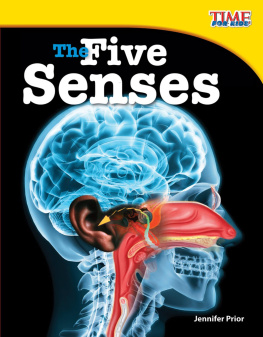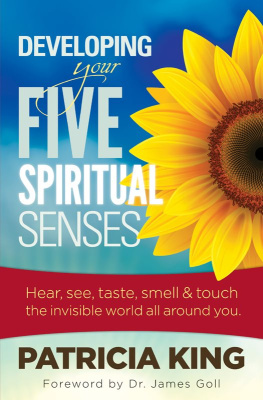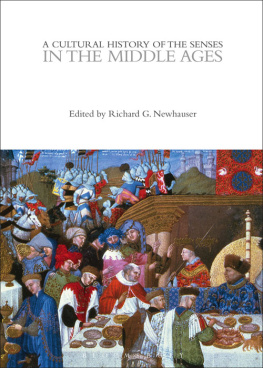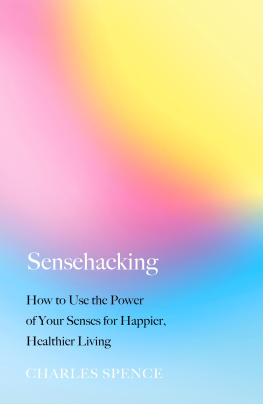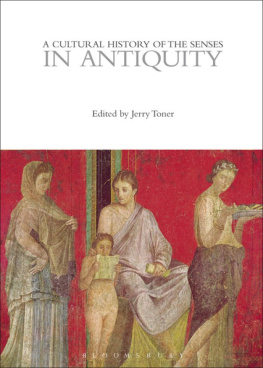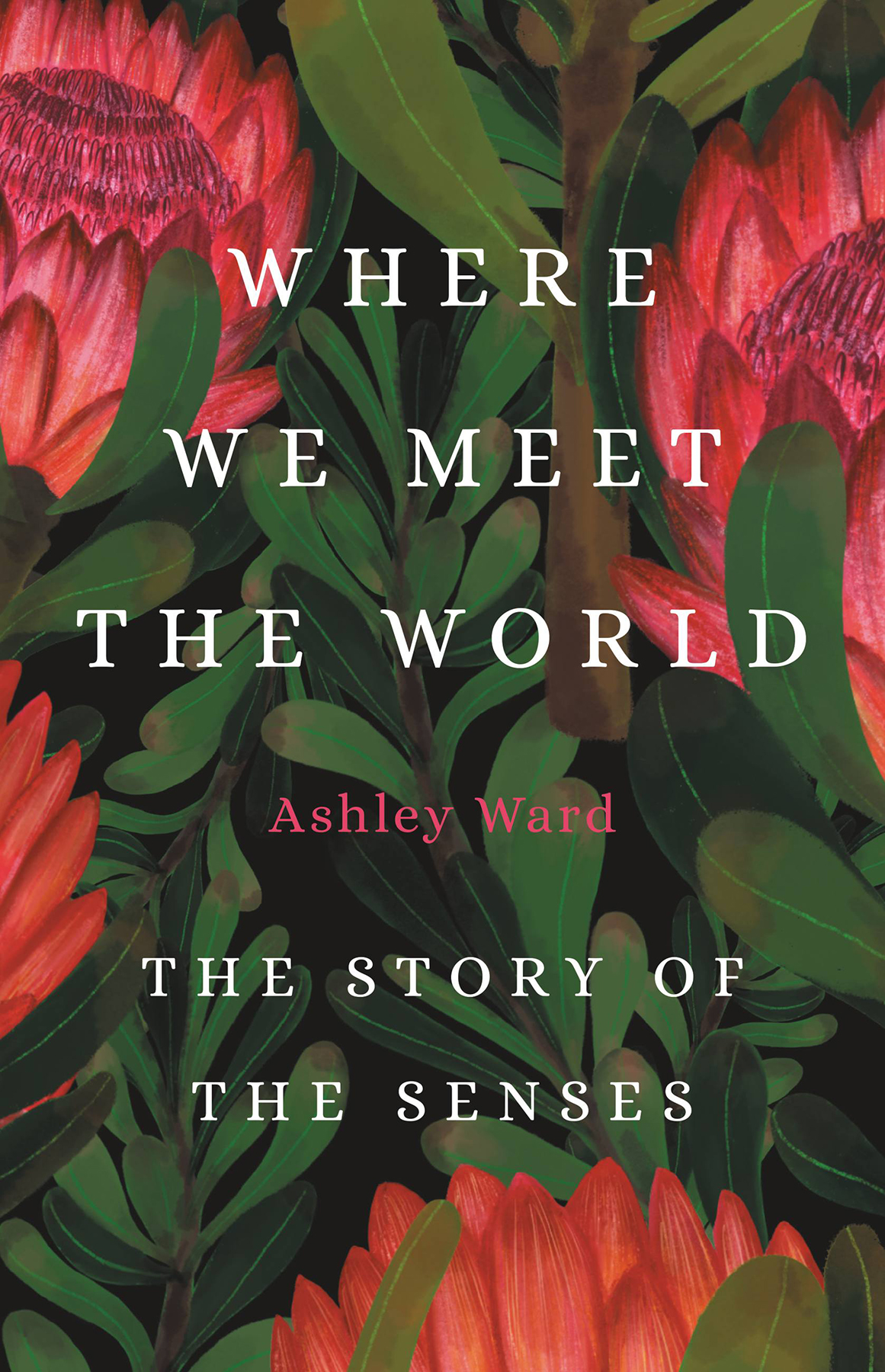
The Social Lives of Animals
Copyright 2023 by Ashley Ward
Cover design by Chin-Yee Lai
Cover image HoyaBouquet / Shutterstock.com
Cover copyright 2023 by Hachette Book Group, Inc.
Hachette Book Group supports the right to free expression and the value of copyright. The purpose of copyright is to encourage writers and artists to produce the creative works that enrich our culture.
The scanning, uploading, and distribution of this book without permission is a theft of the authors intellectual property. If you would like permission to use material from the book (other than for review purposes), please contact permissions@hbgusa.com. Thank you for your support of the authors rights.
Basic Books
Hachette Book Group
1290 Avenue of the Americas, New York, NY 10104
www.basicbooks.com
Originally published in 2023 by Profile Books Ltd. in Great Britain
First US Edition: March 2023
Published by Basic Books, an imprint of Perseus Books, LLC, a subsidiary of Hachette Book Group, Inc. The Basic Books name and logo is a trademark of the Hachette Book Group.
The Hachette Speakers Bureau provides a wide range of authors for speaking events. To find out more, go to hachettespeakersbureau.com or email HachetteSpeakers@hbgusa.com.
Basic books may be purchased in bulk for business, educational, or promotional use. For information, please contact your local bookseller or Hachette Book Group Special Markets Department at special.markets@hbgusa.com.
The publisher is not responsible for websites (or their content) that are not owned by the publisher.
Typeset in Sabon by MacGuru Ltd
Library of Congress Control Number: 2022945406
ISBNs: 9781541600850 (hardcover), 9781541600867 (ebook)
E3-20230209-JV-NF-ORI
My senses sing their song of you. The sight and sound of you are its lyrics, the melody your scent and touch. Your harmony enfolds me; you are my world.
Punkin
Light, shadows and colours do not exist in the world around us.
Presentation Speech by Professor C. G. Bernhard, Member of the Nobel Committee for Physiology or Medicine
Its a glorious spring morning in Sydney and Im full of nervous anticipation as I cross the university campus, heading toward the lecture theatre, where Im going to be talking to the latest group of students about the senses. I love to watch their faces when I describe the wonders of sensory biology. Its an amazing topic and I want to do it justice; Im not just relaying information, Im giving a performance in the hope that my enthusiasm might kindle theirs.
On my way, I cut through a Sydney landmark known as the Quadrangle, the centrepiece of the university campus. The architects added a finishing touch, a subtropical tree, in one corner; each year, as the Southern Hemisphere spring takes hold, this venerable jacaranda tree erupts into bloom, its fragrant lilac flowers calling time on the academic year. Jacarandas across Sydney join in, transforming the city. For a month, the parks and pavements are blanketed with petals. For me, its the sensory highlight of the year.
As I admire the grand old tree, I cant help pondering how incredible it is that photons of light and molecules of smell weave such majesty. How does my brain access this basic information and transform it in the greatest of all synergies to a perceptual experience?
Though my attention is captured by the jacaranda, Im aware of a host of other sensations. An Australian magpie is calling from a perch atop one of the buildings that surround the Quad. Its burbling, oddly metallic call sounds like a steampunk version of the songbirds that I grew up with in England. At the same time, I can feel the morning breeze coming in from the Pacific Ocean through the archway on the east side of the Quad. My mouth is filled with the warming flavour of one of the aniseed lozenges that I rely on for a clear voice in each lecture. At the same time, a combination of other senses keeps me upright, while updating my brain on my bodily needs, and keeping me alert to my surroundings.
And this is just a fleeting moment of sensation. The changing stream of sensations provides our perceptual link to the world, a multiplicity of incoming messages that come together to write the autobiography of every second of our lives. For all that our perception seems like a coherent, singular sensory experience, its a harmony of many distinct, yet compounded, senses. The question of just how many senses still lacks a definitive answer twenty-three centuries since the first reasoned attempt was made.

The Greek philosopher, Aristotle, is justly regarded as one of the most influential thinkers in history. Sometimes his ideas didnt quite hit the mark, for instance his assertion that bison discourage chasing dogs by firing caustic turds at them, or his intriguing idea that bees are deaf on the basis that he could see no ears. Notwithstanding the occasional misstep, his legacy is extraordinary. Its been said that the science of biology sprang from his labours and many things that he described over 2,000 years ago have stood the test of time. Indeed, it was Aristotle who is credited with the discovery, if thats the right word, that we have five senses (or, more formally, sensory modalities): vision, hearing, taste, smell and touch. Often, Aristotle gets a bad rap for this, largely because it seems to state the bleeding obvious. In his defence, this was only a small part of his insightful and ground-breaking theories about perception and how the senses combine to provide us with our experience of the world. Nonetheless, poor old Aristotles name is typically drawn into the fray any time the question is asked: how many senses do we have?
This rule of five is still the basis for our early education in the senses, yet its some way from the whole story. We certainly have more than five and depending on how we slice and dice the different categories, we might have as many as fifty-three. Touch, for instance, is a composite of multiple different senses that could be subdivided, then there are others such as equilibrioception (the sense of balance) and proprioception (our sense of our bodys position) that lie outside the original five. Putting a precise number to the senses, though popular as a quirky topic of debate, isnt especially helpful. Nevertheless, its important to know what we mean when we describe something as a sense.
Generally speaking, a sense can be defined as a faculty that detects a specific stimulus by means of a receptor dedicated to that stimulus. For example, when light enters our eye, it is absorbed by a molecule known as a retinal, which is found within the light receptor cells of the retina. The lights energy causes the retinal to perform a tiny molecular contortion, in turn setting off a chemical chain reaction that ultimately produces a minute quiver of electricity. Its this tiny zap that gets transmitted along the optic nerve to the waiting brain, which interprets the message and countless others that arrive simultaneously from neighbouring receptors to provide us with the visual sensation of the light. This process of converting a stimulus into a signal that the brain can understand is known as transduction.
Taste receptors, meanwhile, coat our tongues, the inside of our cheeks and the very top of the oesophagus. Give them a molecule and milliseconds later, theyll be telling the brain all about it. We also have taste receptors sprinkled around the body in places such as the liver, the brain and even the testes. This latter revelation, from a paper published in 2013, gave rise to a fad among young men to dangle their balls in such things as soy sauce, with some even claiming to have registered a savoury hit. The thing is, though taste receptors may be found in such extraordinary places, theyre not organised into taste buds and nor are they wired to the brain in quite the same way as the receptors in our mouths, so they dont deliver the experience of flavour. The net result is that the participants exposed themselves not only to condiment-covered gonads but to accusations of wishful thinking. Notwithstanding the bowls of ruined soy sauce, a sense is only a sense if it involves not only specialised receptors, but a functioning information highway to the brains sensory cortex. Yet though the nervous pathways of our senses lead inexorably from receptors to brain, it would be wrong to conclude that the brain is merely a computer, neutrally receiving and decoding input.


